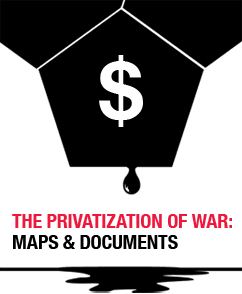Now-Time Venezuela, Part 1: Worker-Controlled Factories
Venezuela, the subject of this provocative exhibition, is more prominent than artists' names in its marketing materials, and the strategy speaks volumes about the project's politicized ambitions. The multiscreen projection of interviews with individual factory workers, conducted by filmmakers Dario Azzellini and Oliver Ressler, makes no bones about its activist intent. Rather than relate tales of exploitation, these laborers speak with hope and pride of positive paradigmatic shifts (and the decampment of corporate powers) in the conditions of factory work as affected by Hugo Chávez's Bolivarian government. The crisp, straightforward footage is presented on six screens suspended from the ceiling at an angle, creating a visually dynamic opportunity to wander through a community of people expressing a sense of new possibility. As the eagerly awaited first project in a series on Venezuela organized by Chris Gilbert, the new curator of the Berkeley Art Museum's Matrix program (one of the oldest such exhibition series in the institutional sphere), the piece is a conversation-starter not only regarding international labor movements but also about media and the state of alternative art programming. As Gilbert writes in his curatorial notes: "Along with attempting to reposition art closer to the media's information-bearing capacities and efficacy, [the project] recognizes the need for activist representational strategies that do not merely document but also contribute to their subjects." It's a tall order, and one that productively challenges its audience to redefine the boundaries between art and real life.
UNIVERSITY OF CALIFORNIA, BERKELEY ART MUSEUM AND PACIFIC FILM ARCHIVE, 2626 Bancroft Way, March 26–May 28























